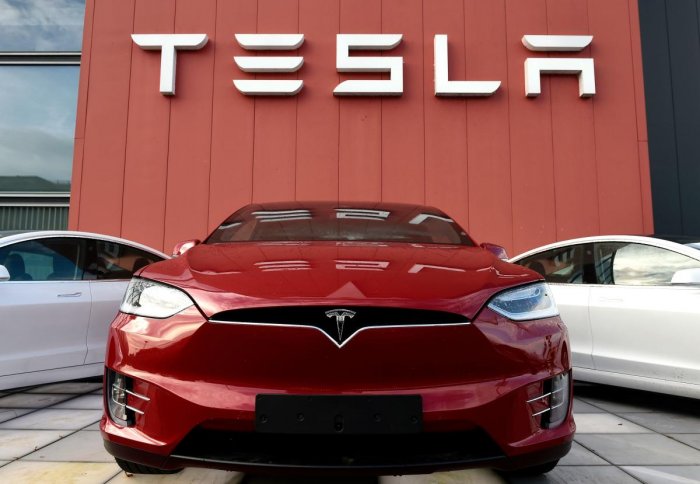
Centre once again turns down Tesla’s demand for tax breaks to import EVs

The Centre has once again turned down a demand of Tesla for tax breaks to import electric cars, saying rules already allow bringing in partially built vehicles and assembling them locally at a lower levy.
“We looked at whether the duties need to be re-jigged, but some domestic production is happening and some investments have come in with the current tariff structure,” Vivek Johri, chairman of the Central Board of Indirect Taxes and Customs, said on Thursday. “So, it is clear that this is not a hindrance.”
The government has encouraged Tesla, founded by Elon Musk, the richest man in the world, to produce locally. Musk, however, wants India to lower taxes – as high as 100 per cent on imported EVs – to enable the company to first sell vehicles built elsewhere at competitive prices. However, the Centre levies import duties of between 15-30 per cent on parts shipped for assembly in India.
Also read: Why TN says it’s the best place for Tesla to set up its plant
Tesla has yet to present a plan for local manufacturing and procurement from India, even after the government asked for it, Johri said. The Union Budget earlier this week didn’t mention any tax breaks for cleaner but imported vehicles.
Johri said Tesla should follow the lead of companies like Mahindra & Mahindra and Tata Motors, which are investing in building local capacity for electric vehicles. “There are others importing completely built units. That route is open,” he said.
Last month at least five state governments invited Tesla to set up shop, just days after Musk said the automaker was still facing a lot of challenges with the Centre.
Maharashtra, Tamil Nadu, Telangana, Punjab and West Bengal all tweeted their pitches, promising everything from infrastructure to a streamlined approval process.
Tesla and the Centre have been in talks for years, but disagreements over a factory and import duties have led to an impasse, meaning the automaker still doesn’t sell cars in the country, three years after showing definite intent.
Mercedes-Benz will roll out a locally assembled EQS – the electric version of its flagship S-Class sedan – in India by the fourth quarter of this year. EVs account for less than 1 per cent of total sales in the country.

